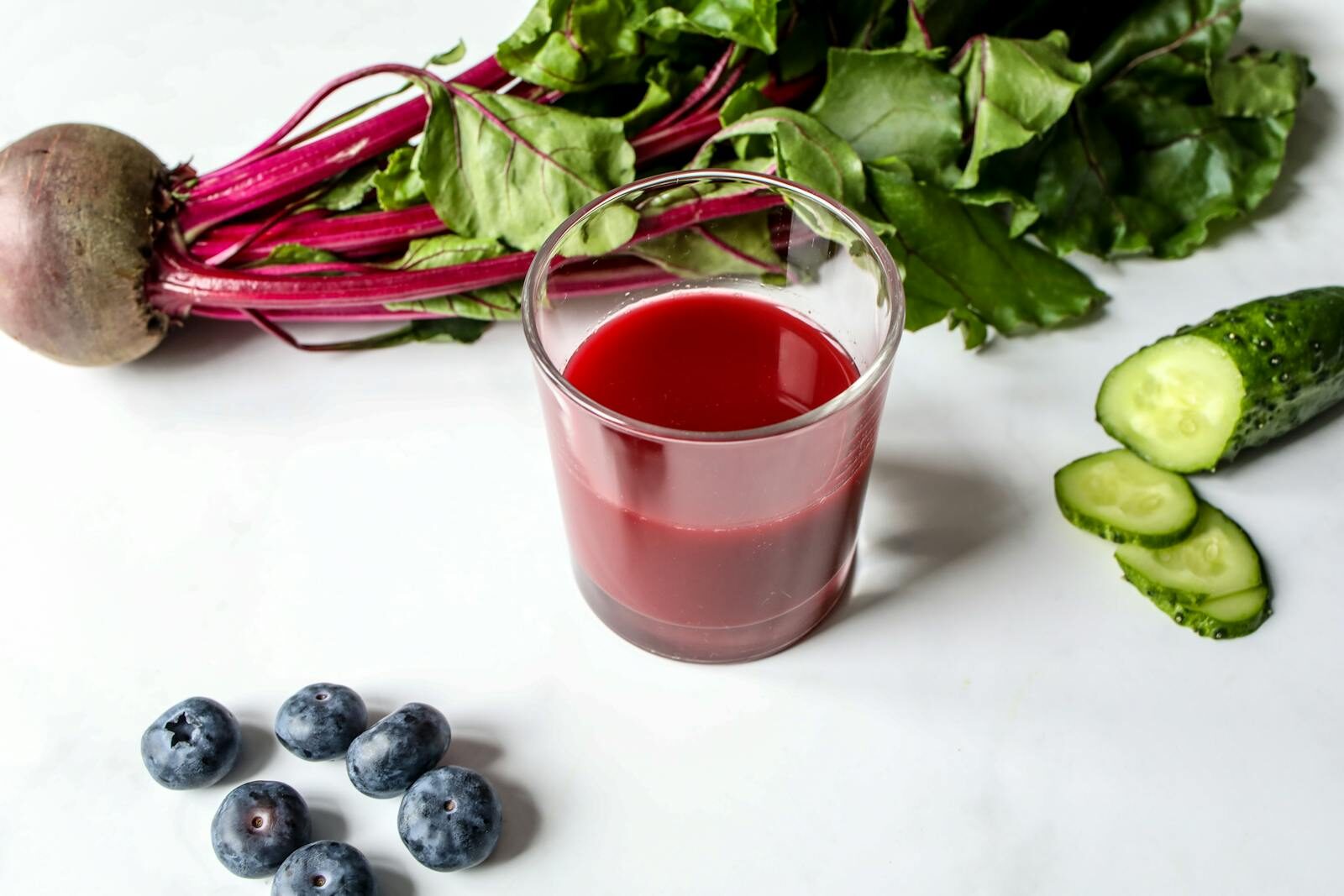
High-Sugar Diet Impairs Brain Clearance
A high-sugar diet causes insulin resistance in the brain, reducing neuronal debris removal. How badly can this increase neurodegeneration risk?

A high-sugar diet causes insulin resistance in the brain, reducing neuronal debris removal. How badly can this increase neurodegeneration risk?

Sugar, the brain, and Alzheimer’s – just how tight is their connection? Check out this update from Tulane University’s targeted study.

Could a nasal spray help memory loss? A new study using Aptar’s delivery system shows insulin reaching key brain regions, offering new hope for treating Alzheimer’s and mild cognitive impairment.

MEMORY PROBLEMS, an early sign of Alzheimer’s, are linked to glucose sugar deprivation in brain cells. So is diabetes, a well-known Alzheimer’s risk factor. How strongly connected is the Alzheimer’s-Sugar-Diabetes triangle?

CBS NEWS – DIET VIDEO: One artificially-sweetened drink per day could double risk of stroke or dementia. See CBS Dr. Tara Narula discuss the brain-effects of diet drinks, with links to subsequent research reinforcing her claim.

In an Alzheimer’s study, insulin delivered high up in the nasal cavity achieved lasting results in improving memory. Find out why Dr. W. Banks calls this “one of those studies where everything is coming together.”

Neurologist Jason Morangales offers a plain-English discussion on the famous Alzheimer’s nickname, “Type-3 Diabetes”. Learn about its connection to nutritional brain health.

DIET RESEARCH: Learn how diet, exercise and watching your weight will prevent insulin-resistance, and as a result, protect your brain.
Memory is particularly vulnerable to the effects of insulin resistance, according to a 20-year study.

Diabetes and prediabetes are dementia risk factors. They affect 1 in 7 adults! Learn about new research to lower that risk with lifestyle and drugs.

DIET VIDEO + ARTICLE: Healthy? Normal blood sugar? No diabetes? Even so, find out how the more sugar you eat, the less memory you get.

DRINKING beet juice can increase blood flow to the brain in older adults. The way beet juice does this holds great potential for combating dementia.

The antidepressant drug citalopram, also sold under the brand names Celexa and Cipramil, significantly relieves agitation in Alzheimer’s. Learn about the benefits and side-effects.

When Memory Loss Becomes Invisible to Those Who Need Help Most

Ketone-rich diets increase the SIRT3 protein that protects neurons from death during the progression of Alzheimer’s disease. But how does it work? Find out more.

People worry about becoming forgetful. Is it the first sign of Alzheimer’s or just the passing years? After all, forgetfulness is a normal part of aging. Check out these quick ways to tell the difference.

Researchers found in a study that people who developed dementia were more likely to have their credit rating drop at least two and a half years before the diagnosis. Some had problems managing their money up to six years before. Find out more.

Scientists say restoring a brain protein, not removing amyloid plaques, should be the target of Alzheimer’s dementia therapies. The researchers said treatment might lie in normalizing the levels of a specific brain protein.
No spam, only news and updates.


